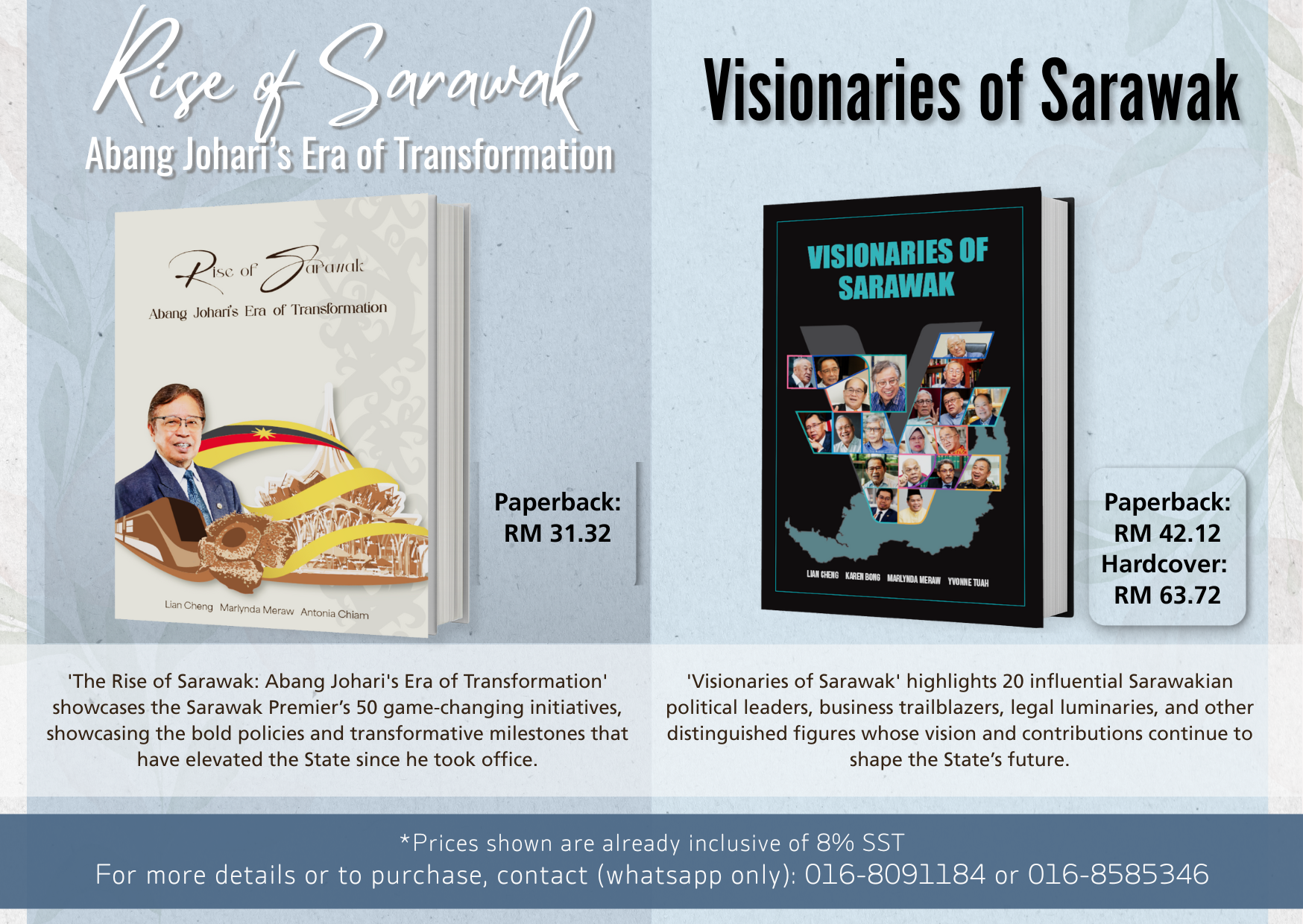
By Nancy Nais
KUCHING, July 13: The Ministry of Education, Innovation and Talent Development (MEITD) will identify and adjust suitable strategies to effectively develop human talent for the future of Sarawak.
Its minister Datuk Roland Sagah Wee Inn said initiatives and interventions must be done because under a Volatile, Uncertain, Complex and Ambiguous (VUCA) environment, it is understood that workforce requirements may also change from time to time from initial estimates.
“Nearly a dozen industry sectors are listed under our Sarawak’s Post-Covid-19 Development Strategy 2030 (PCDS 2030), both in economic and enabling sectors such as manufacturing industry which ranges from heavy engineering of smelting metals and making sensitive electronic parts to hygienic food production.
“On the other hand, the agriculture industry runs from gigantic oil palm plantations to the small-scale vegetable growers,while the utility sector composed of three major sub-sectors namely electricity, water and soon, natural gas.
“All these sectors and sub-sectors have their own diverse needs regarding skill sets, different technologies, equipment and workforce numbers. Therefore, we need to facilitate demand and supply gap in the talent industry, particularly in Sarawak,” Roland said after officiating at the inaugural Talent Development Workshop here today.
Apart from formulating new frameworks for talent development to align with PCDS 2030, he hoped that the two-day workshop which drew some 70 participants can develop clear strategies with active collaborations across ministries, departments, Technical and Vocational Education and Training (TVET) and Institutes of Higher Learning (IHL).
Touching further on the importance of developing talent in Sarawak, Roland said it can be either nurtured or developed.
Citing the example of top students and graduates in Malaysia, he believe these groups possess the power to shape the future of the country.
“That is why we created a host of initiatives to provide high-achieving talent with the chance to secure internships or work opportunities with top employers, and offer them suitable platforms to showcase their potential to the world.
“But not forgetting that, to maintain this ‘special talent’, the individual should expand their opportunities through lifelong learning.
“Experiences in the past have shown that the government can provide funding for all sorts of education and training but still end up with educated people or people with skills who are jobless because the education and training they took up were not the ones needed by the industry nor employers,” Roland asserts. — DayakDaily








